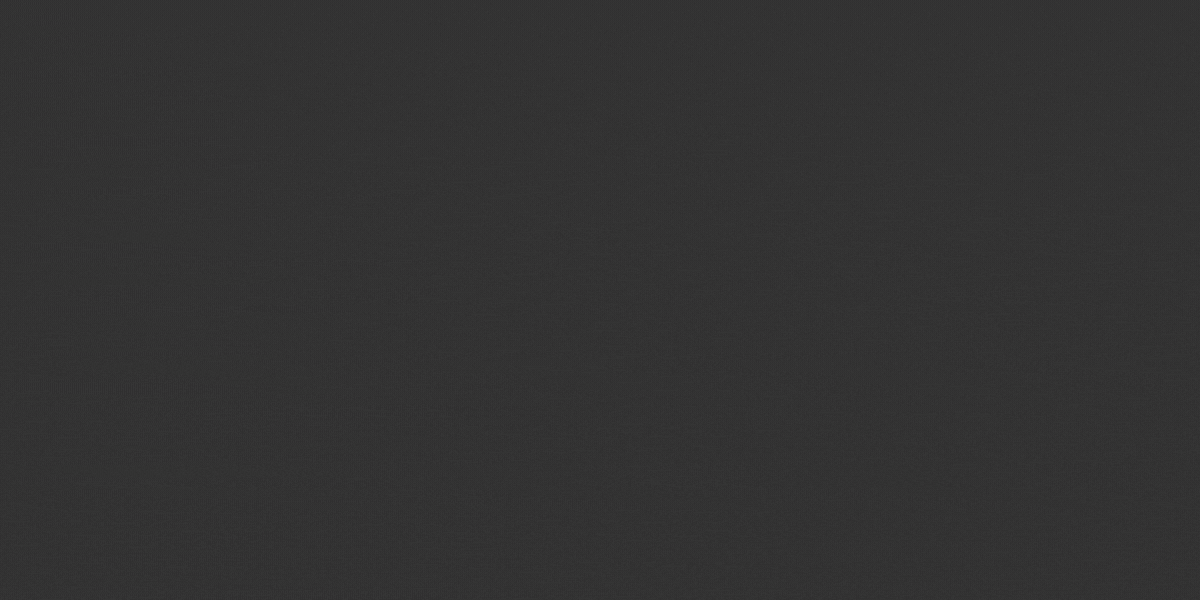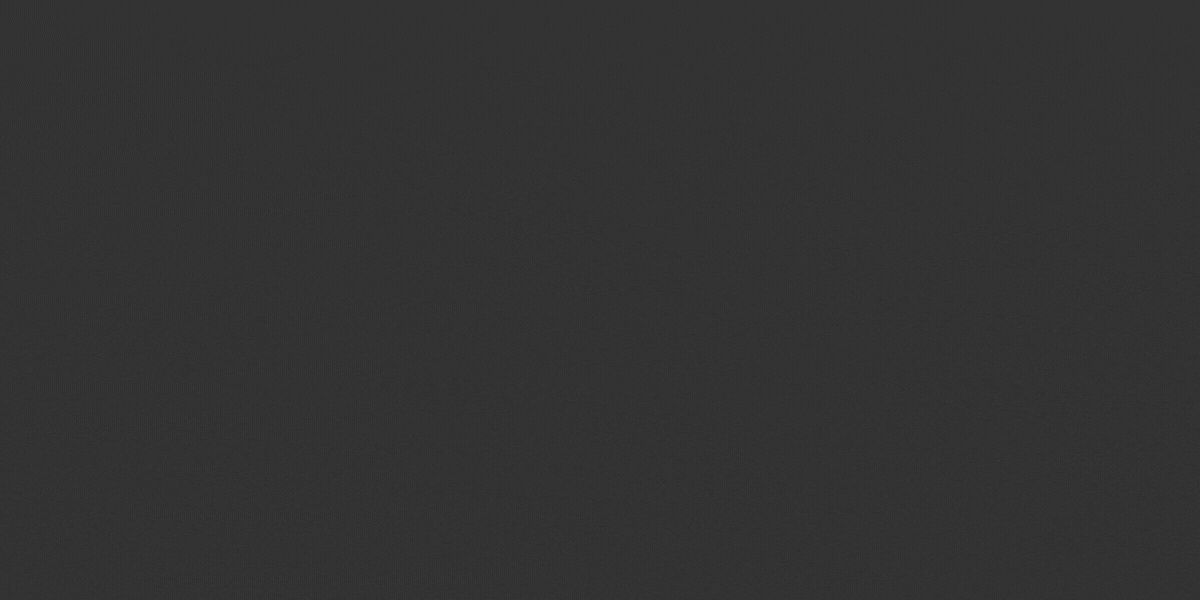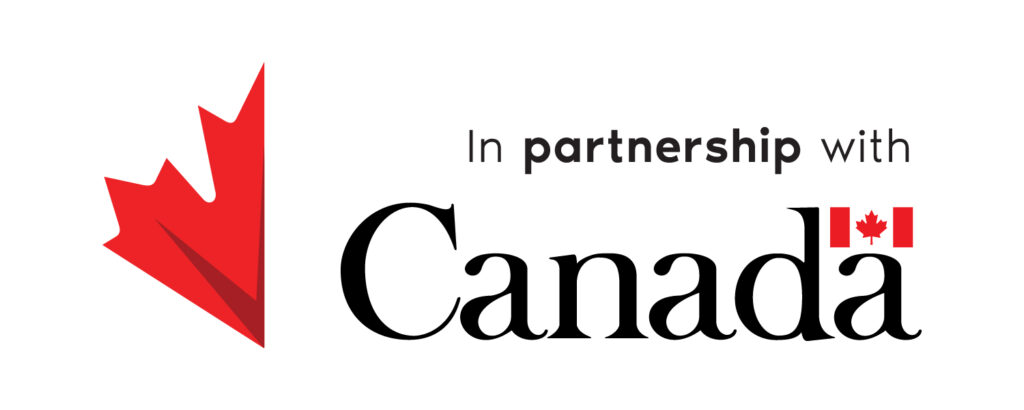At Aga Khan Foundation Canada (AKFC) and the broader Aga Khan Development Network (AKDN), gender advisors are essential to ensuring that gender equality is a core component of both our programs and our organizational culture.
For Gender Equality Week in 2021, we sat down with four gender advisors from across the AKDN to talk about their work and learn about development from the eyes of gender equality professionals. Here’s what they had to say:
What is gender equality?

Gender equality links to how types of identity factors, like gender, can be used to discriminate. Gender equality is about making sure every individual is treated equally and equitably. – Jennifer Elms, AKFC
Gender equality is basically about giving women and men the opportunity to have an equal position and equal participation in any form of work – in development, education, accessing health facilities, or anything. – Yasmin Karim, Aga Khan Rural Support Program (AKRSP) Pakistan
Gender equality is when women and men irrespective of their identity enjoy equal rights – they equally have the right and power to make decisions about their own lives and to lead their lives in the way they want. – Zohra Bano, AKF (Pakistan)
Gender equality is about looking at the barriers that prevent women and girls from enjoying their rights and living their lives fully, how men and boys do. Understanding these barriers and being willing to do something about them is a conversation on gender equality. – Nyambura Gathumbi, AKF (East Africa)
What are the biggest upcoming challenges gender equality professionals?

Over my career, I have seen many gender advocates evolve and emerge. People have become more informed about gender equality and aware of biases, discrimination, and prejudices. I see in universities, there are hundreds of gender studies graduates. But the challenge is that our institutions – the state, the private, the public – are not much gender-sensitized. Institutions need to improve their own behaviours around gender equality and gender positions – Yasmin Karim, Aga Khan Rural Support Program (AKRSP) Pakistan
One of the challenges I foresee is anticipating, seeing, and accepting women’s empowerment at all levels (private and public) with open-mindedness. Another challenge could be welcoming and accepting new people, especially young boys, with new ideologies around gender equality and women’s empowerment. Men (above 40 years) may have their own preconceived notions, so altering their mindsets could be another challenge. – Zohra Bano, AKF (Pakistan)
With these dynamics happening around the world, like the challenges around COVID-19, climate change, and their effects on communities and families, the inequality gap is widening. And these global challenges are impacting women at a very local level, and a lot of people don’t realize that. We will have to do a lot of analyses, communication, and advocacy, to make sure that women’s issues and voices are considered and included when responding to these challenges. – Nyambura Gathumbi, AKF (East Africa)
COVID-19 is going to have long-lasting ripple effects and implications that might send us, or are already sending us, backwards. So being able to keep progress while adapting and being able to respond better and more effectively will be a challenge. I think the intersectionality piece is also a challenge. We’ve moved away from top-down approaches to more collaborative approaches, but I think we still tend to have a bit of a one-size-fits-all approach – so a challenge will be keeping approaches customized but broad enough to meet the needs of a critical mass. – Jennifer Elms, AKFC
What is your ultimate hope for the future?

My ultimate hope for the future is acceptance- accepting diversity and living in a diverse society that encourages pluralism and acceptance of differences. Accepting diversity and pluralism is valuable and a founding stone to equality– not doing so contributes to conflict, disparity, and inequality. – Zohra Bano, AKF (Pakistan)
My ultimate hope for the future is that we can transform the way we think, change our mindset around women, around girls, around gender issues. I think we really need to transform the way we look at issues, the way we communicate, so that everybody can speak clearly, and relate to these issues that are happening to women to lack of societal value and consciousness around justice and rights. – Nyambura Gathumbi, AKF (East Africa)
The obvious one is that I want gender equality to be achieved, and I wish that it will be in my lifetime. My hope would be that, whether it’s individuals, families, communities, institutions, or governments, gender equality becomes so part of everybody’s DNA that integrating gender and using a gender lens will be a part of everyone. – Jennifer Elms, AKFC
I’m quite optimistic about gender equality. In this age, young women and men who are coming from universities, who are graduates, who are professionals, are very much gender-sensitive and they want gender-transformative approaches. I’m hopeful that society will become more aware of and sensitive to gender issues. – Yasmin Karim, Aga Khan Rural Support Program (AKRSP) Pakistan
Read more

